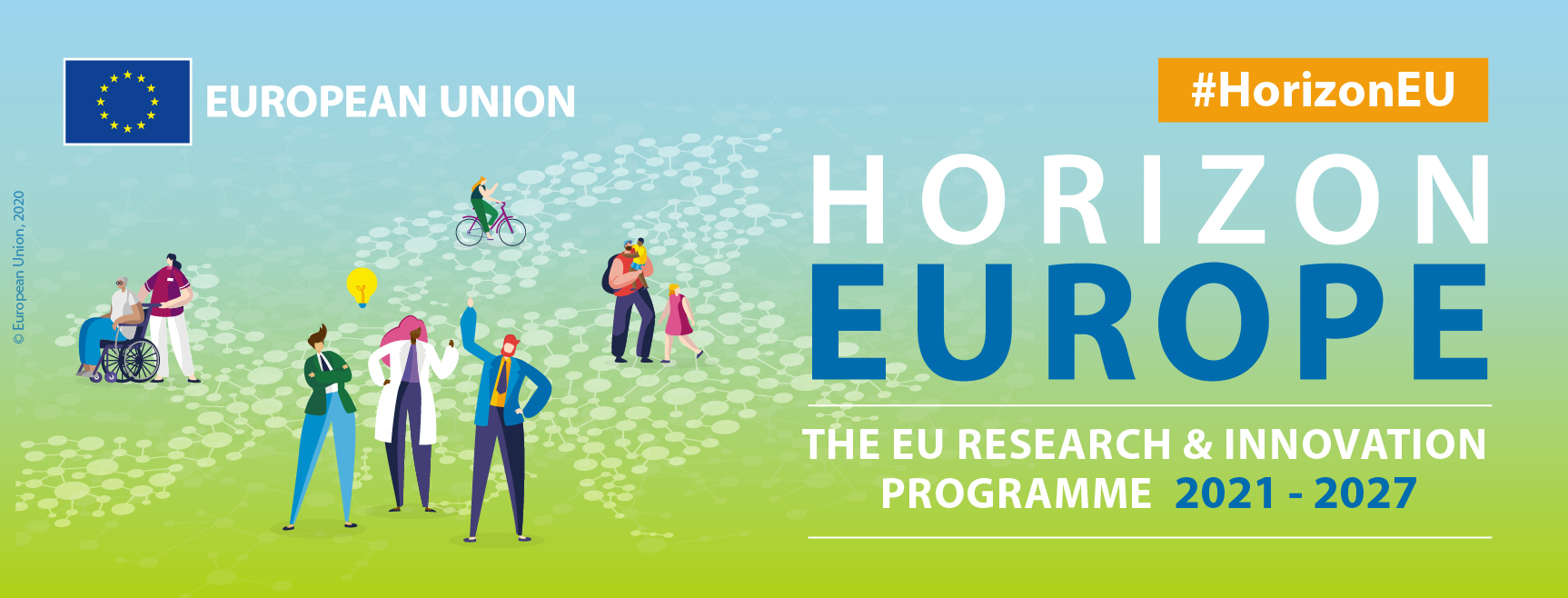
Thank you for your interest in Horizon Europe funding
Sign up to receive updates about Horizon Europe funding opportunities, news and events related to your areas of interest.
Registration for UK National Contact Point (NCP) updates is free.

Registration for UK National Contact Point (NCP) updates is free.